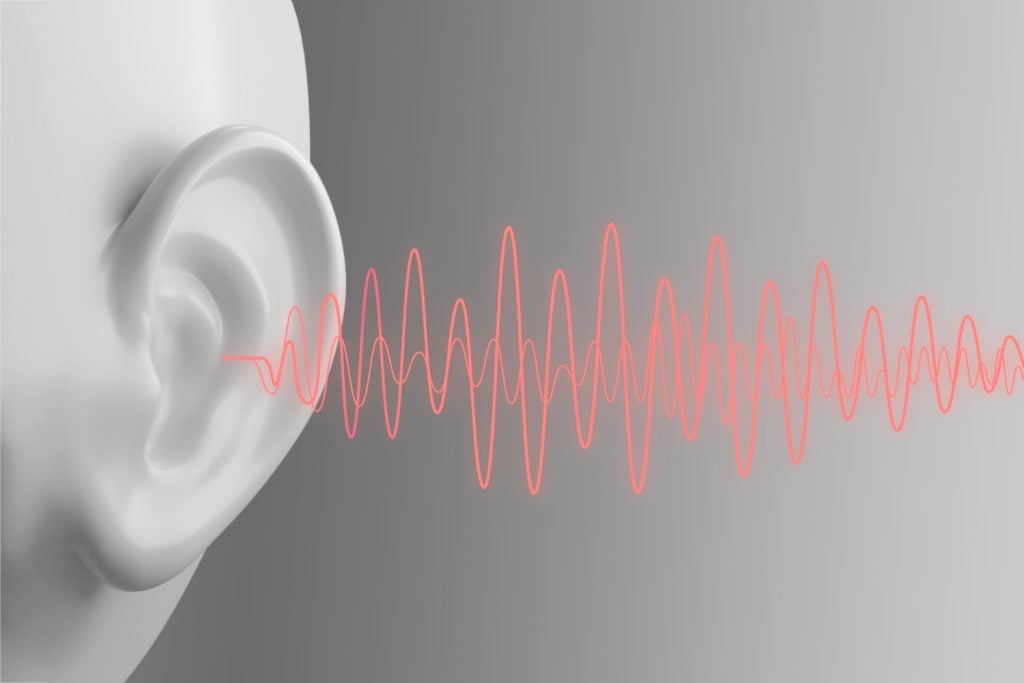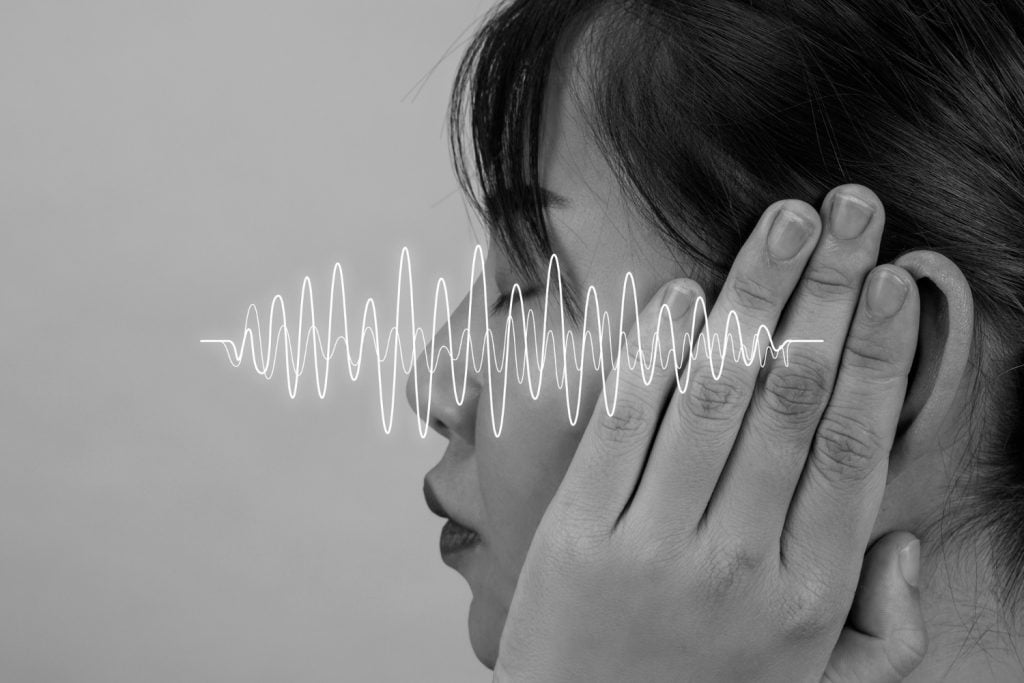
Image by Freepik
How many types of brain waves are? What are delta waves benefits and how to control them?
Delta waves follow a cycle, much like many other things in life. Summer comes after spring. Winter comes after autumn. Similar to how each season serves a different function, so do brain waves. Our brains experience a daily cycle of electrical activity, which is the origin of all cognition, emotion, and energy levels as well as sleep, dreaming, and times of rest and recuperation.
In some ways, delta waves resemble the slowest time of year, winter. However, behind the peaceful serenity, fresh life and energy are brewing, preparing for a springtime growth spurt.
You will learn more about delta waves for sleep in this post. You’ll discover their function in the cycle of brain wave activity as well as how to produce more of this kind of brain wave for deeper meditation, rejuvenating sleep, and physical and mental healing.
A restful night’s sleep is necessary for achieving your highest level of performance throughout the day. The tranquil and rejuvenating phases of sleep that are induced by delta brainwave frequencies each night are among the most important delta waves benefits. However, delta waves are more than just a state of calm, profound slumber, and mental relaxation.
Continue reading to discover more about delta waves for sleep and how learning to stimulate these restorative brainwaves for sleep might help you.
Understand The Sleep Cycle

Image by Freepik
Your brain experiences numerous unique phases of sleep, each with its own set of physiological traits and variations in brain waves.
NREM and REM sleep, which stand for non-rapid and rapid eye movements, respectively, were the first two phases of sleep that were recognized.
The NREM stage has been separated into four phases as a result of our growing understanding of sleep, and they are known simply as NREM stages 1, 2, 3, and 4.
- The first stage of sleep is the lightest and is characterized by the onset of alpha waves in the brain waves. Usually just lasting a few minutes, this stage is simple to awaken from.
- Stage 2 lasts for around 25 minutes and continues the brain waves’ decline toward theta activity. Additionally, your brain creates sleep spindles, brief bursts of activity between 12 and 14 Hz that are known to aid in memory and learning.
- The third and fourth phases of sleep are the hardest to wake up from. Because of the slow delta brain wave activity that takes place, these phases are sometimes referred to as slow-wave sleep.
- The last thing to note is that during REM, your brain gets more active and your eyes twitch (hence the name rapid-eye-The last thing to note is that during REM, your brain gets more active and your eyes twitch (hence the name rapid-eye-movement sleep). Typically, this is the time when dreams start to occur.
Overall, a shift from lighter to deeper sleep and back again may be seen in the phases of sleep. It takes 80 to 100 minutes to complete one cycle of the phases, and there are often 4 to 6 full cycles every night.
Understand 5 Stages of Sleep for a Fatigue-free Morning
Brainwaves for Sleep: Types and Their Purpose

Image by Freepik
The electrical patterns that occur in the brain are known as brainwaves. Frequency (the number of waves per second represented in hertz) and amplitude are used to measure them (height of the waves expressed in microvolts).
Five frequency bands that exist are:
- Delta waves for sleep (0.5 to 3 Hz). Dreamless sleep and profound meditation both produce these slow brainwaves. When the brain is in this condition, healing and regeneration take place.
- Theta brainwaves (3 to 8 Hz) are slow waves associated with daydreamy, detached, free-flowing cognition. They are your entryway to learning, memory, and intuition and are crucial for processing information.
- During contemplative and thoughtful tasks, alpha brainwaves (8 to 12 Hz) are often predominant and signify non-arousal. The integration of the mind and body, tranquillity, attentiveness, mental coordination, and learning are all aided by alpha brainwaves.
- High-frequency brainwaves for sleep called beta waves (12 to 38 Hz) predominate during concentrated mental activities including problem-solving, judgment, and decision-making.
The Relationship Between Deep Sleep And Delta Waves

Image by Freepik
In stages 3 and 4, profound “slow-wave” sleep involves delta brain waves. The brain generates delta waves for sleep at a speed of 0.5 to 4 Hz.
As was discussed in the previous section, sleep spindles are present throughout the early stage 2 sleep, but you will also experience k-complexes, which are comparable brief bursts of activity but different from sleep spindles. K-complexes are among the greatest events you’ll discover in the brain and are sudden, sharp waves. They are believed to keep you sleeping by blocking outside stimuli, although they also seem to come before delta waves.
You will successfully descend from level 2 to stages 3 and 4 with the aid of k-complexes.
In the first cycle of the night, you’ll typically spend between 45 and 90 minutes in deep sleep, but less time in the succeeding cycles. You’ll spend 13 to 23% of the night sleeping deeply.
The Advantages of Developing a Delta State

Image by Freepik
Additionally, delta brainwaves for sleep activity has been related to a number of health advantages, such as enhanced resistance to disease, lowered stress levels, and prolonged life. They may also aid in reducing pain and inflammation and are considered to have a role in the healing process.
Additionally, it has been shown that delta brainwaves encourage cell and tissue proliferation.
Many more delta waves benefits of health, such as the following, have been linked to being in a delta state.
1. The Release of Hormones That Prevent Aging
Melatonin and DHEA, the “youth hormone,” are two crucial substances that the body produces during delta sleep.
Strong antioxidants like melatonin help shield cells from harm and slow down the aging process. DHEA is a hormone that has been shown to lengthen life, lower stress levels, and boost immunity.
Your body is better capable of producing these vital hormones while you are in a delta sleep state. As a consequence, delta sleep facilitates vital restorative processes in your body (and your brain).
2. Increasing Immunity
It has been shown that delta brainwaves enhance immunity by boosting cytokine production. Proteins called cytokines to aid in the control of the immune system and the prevention of infection.
Since sleep may induce delta waves, deep delta sleep may strengthen your immunity by boosting the synthesis of these crucial proteins. Delta brainwaves have also been linked to a decrease in inflammation. Therefore, getting enough delta brainwaves for sleep may also help lower your chance of developing conditions including cancer, arthritis, and heart disease.
3. Enhance Cognitive Performance
In addition to its delta waves benefits of health, delta sleep has also been demonstrated to enhance general cognitive performance. Delta brainwaves have been linked to memory retrieval and cognitive functioning, according to one research.
Delta brainwaves have been linked to faster response times and longer attention spans, according to another study. Therefore, delta sleep may aid in improving your ability to think clearly, acquire new knowledge efficiently, and retain crucial facts.
4. Lower Your Stress Levels
The stress reaction is also considered to include delta brainwaves. The body is completely relaxed when delta waves are present, which might assist lower stress levels.
Delta brainwaves have also been shown to lower cortisol levels. In reaction to stress, the body produces cortisol, which has been related to a number of health issues, including as high blood pressure, heart disease, and obesity. Delta brainwaves may contribute to an improvement in your general health and well-being by lowering cortisol levels.
How to Stimulate Delta Waves for Deep Sleep?

Image by Freepik
There are many delta waves benefits. Then, how to simulate them? Let’s check 3 easy ways to derive delta waves benefits.
1. Delta Waves Music for Sleep
When you’re sad, music has the power to soothe you. It may also energize you before a big occasion. Music is also a very rapid way to improve your mood. What gives, though?
According to research, music with a strong rhythm may cause brainwaves to synchronize with the beat, with quicker beats encouraging calmer mental states while slower tempos bring about sharper attention and more attentive thinking. Your favourite tunes may thus amuse and soothe you at the same time.
2. Try Alarmy

Image by Alarmy
Try Alarmy for tons of delta waves for sleep and lots of features to help you with your sleeping problems. There are both free and premium versions available. You can use ‘SLEEP SOUNDS’ to sleep better, and wake up better!
3. Meditation and Brainwave Change
The process of slowing down and concentrating your thoughts on the here and now is known as meditation. Instead of interpreting or judging what you’re experiencing or sensing at any given time, your goal should be to just be aware of it.
Theta and alpha waves in the calm state are the most frequent brainwaves EEG will pick up during meditation. These brainwave frequencies may also boost your creativity and problem-solving abilities. They are usually linked to improved learning capacities and general mental health.
It is not only during your meditation practice that meditation has a good impact on your brainwave activity; it may continue to do so for years to come. So start forming the habit of meditation. The same is true for neurofeedback brain training: nothing changes the brain more effectively than practice. In fact, there’s a 70% probability that, if you’re consistent, you’ll be successful in achieving your goals.
So, after finishing this article, put on your favourite song or we can say delta waves for sleep and determine how you’re going to train your brain to achieve your goals.



